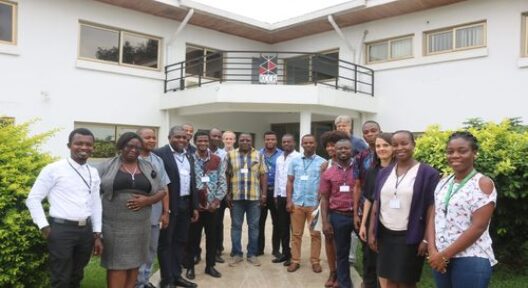Expand-AMR
Expansion of AMR surveillance in Ghana and Tanzania

Context
Antimicrobial resistance (AMR) is a global problem that jeopardises the successful treatment and control of infectious diseases. Each year, millions of people – particularly children under the age of five who are the most vulnerable to resistant pathogens – die of AMR-related infections. Effective surveillance systems are key to monitoring the circulation of AMR pathogens and deploying measures to prevent their spread as early as possible. Expand-AMR builds on previous projects which focused on establishing an AMR surveillance system in Ghana and Tanzania and strengthened laboratory diagnostic capacities for AMR bacteria. With a view to combating AMR, the project seeks to improve microbiology laboratories and the training of clinicians, nurses and laboratory personnel and expand clinical surveillance to other hospitals and livestock sampling, as animal-to-human transmission is a huge factor in the increasing spread of AMR.
Objective
Expanding and improving AMR surveillance systems in Ghana and Tanzania in accordance with WHO Global Antimicrobial Resistance and Use Surveillance System (GLASS) guidelines.
Thematic priorities
Facts
Activities
-
Training and competence development
Further training of hospital personnel in all aspects of diagnostics, hospital hygiene, clinical algorithms and antibiotic stewardship.
-
Research and provision of evidence
Collecting clinical samples from patients in hospitals to identify circulating AMR bacteria and offer better patient care with more targeted treatment; sampling of livestock in hospital catchment areas in order to identify transmission reservoirs of AMR bacteria along the food chain (One Health approach); continuing and expanding screenings in neonatal units to identify transmission routes and reservoirs for AMR bacteria in hospitals; evaluating and adjusting both surveillance and implementation measures in terms of feasibility, acceptability and timeliness.
-
Networking and cooperation
Expanding the project’s scope to hospitals in Zanzibar and other parts of Tanzania.
-
Capacity development
Introducing intervention measures and supporting antibiotic stewardship programmes in hospitals.